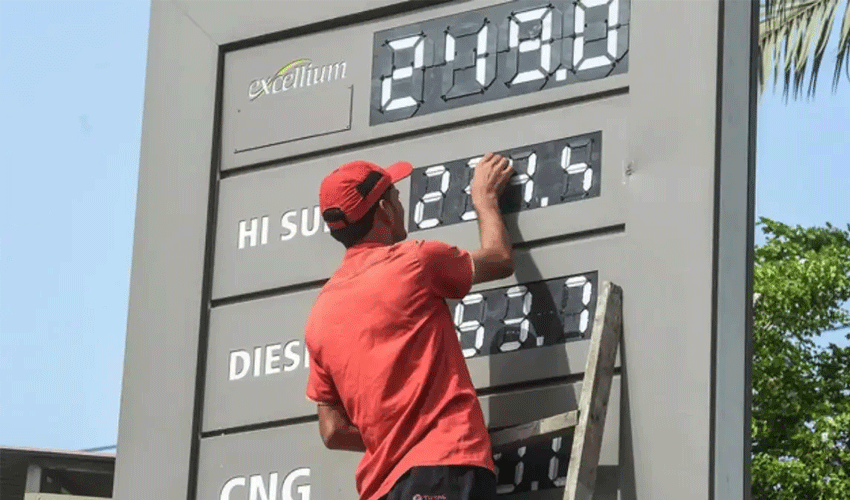In a move aimed at raising government revenue and cracking down on illegal activities, the Pakistani government has announced a series of tax changes. These changes will impact a variety of goods, from everyday essentials to luxury items.
In a decisive move, sales tax exemptions and concessional rates are set to be abolished, paving the way for the imposition of standard sales tax rates on numerous goods.
Luxury vehicles
One of the major changes includes the elimination of import tax exemptions for luxury vehicles, particularly those worth $50,000 or more, which will now face increased taxes and duties. Additionally, the government has decided to abolish import duty on glass products while increasing import duties on steel and paper products.
Fake cigarettes face the heat
The government is taking a tough stance against counterfeit cigarettes. Shops selling these will be shut down, and those involved could face stricter penalties. Additionally, a hefty tax of Rs 44,000 per kilogram has been imposed on materials used in cigarette filters, a common component in smuggled cigarettes. This will make it more expensive to produce fakes, making them less profitable for smugglers.
FED on Construction Sector
The Federal Excise Duty (FED) on cement has been raised from Rs 2 per kg to Rs 3 per kg, reflecting the government's effort to increase revenue from the construction sector. Similarly, a new 5% FED will be imposed on new plots and residential and commercial properties.
|
Key decisions include:
|
GST on textile and leather industries
Retailers in the textile and leather industries will also see changes, with the GST on branded clothes and shoes increased to 18%. These measures are part of a broader strategy to enhance tax collection and ensure fair market practices.
Import duty on glass products
The import duty on glass products has been removed, while duties on steel and paper products have been raised. In the construction sector, the Federal Excise Duty (FED) on cement has been increased from Rs 2 per kilogram to Rs 3 per kilogram. Additionally, a 5% FED has been imposed on new residential and commercial properties.
The government's commitment to these reforms underscores its focus on addressing economic challenges and ensuring sustainable growth. These tax adjustments are expected to have widespread implications across various sectors, influencing consumer behavior and market dynamics.



























